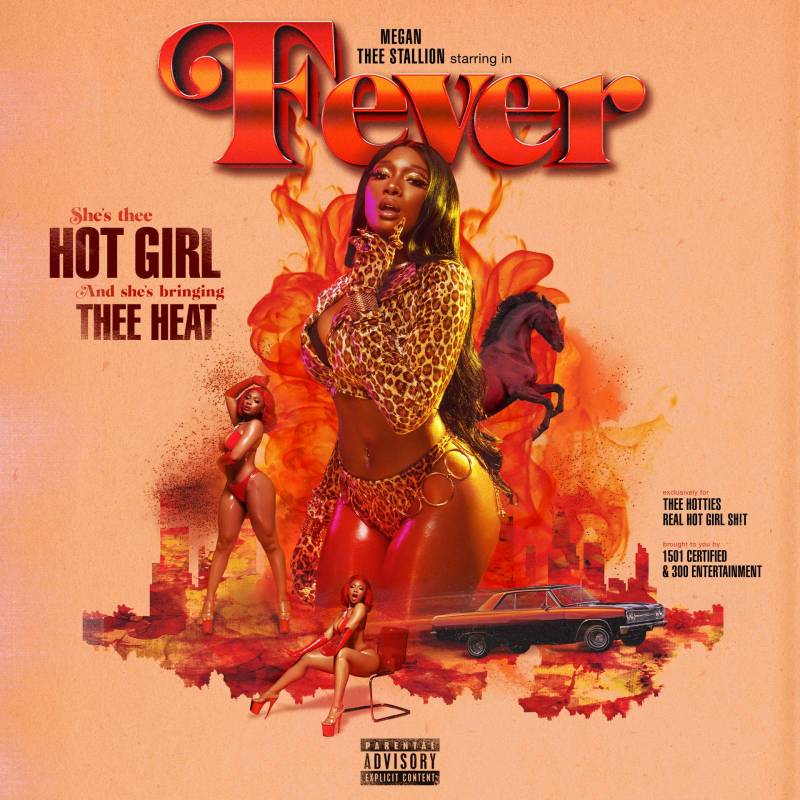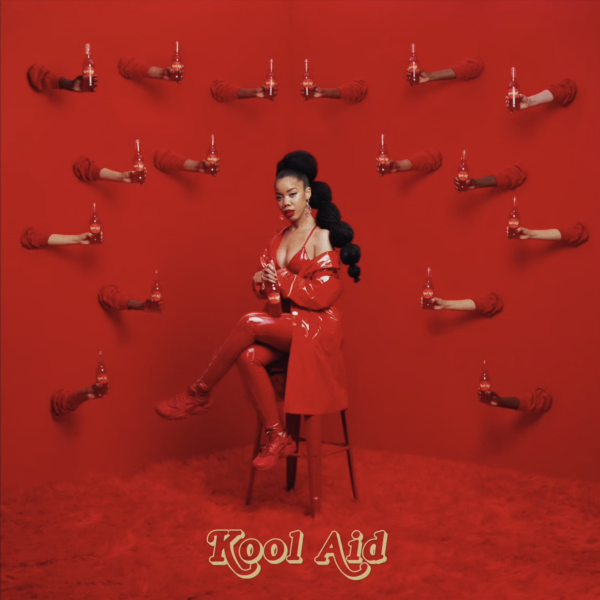Stallion delivers heat on fiery new ‘Fever’
Houston-based rapper Megan Thee Stallion released her third studio album “Fever” on May 17.
May 22, 2019
In her new record “Fever” Megan Pete, better known as rapper Megan Thee Stallion, showed listeners different sides of Stallion that they could have never expected.
The Houston-based rapper’s third studio album “Fever” dropped May 17, mixing hood rap lyrics with hip-hop beats, which highly differs from the sound of her past records, primarily her first, entitled “Make It Hot.” In “Make It Hot” the utilization of slower beats like those found in hip-hop and R&B songs, were more present than in newly-released “Fever.” Additionally, themes found in “Make It Hot” were humility and financial struggles, which contrast from cocky lyrics that discuss her “masterpiece” of a body and new-found wealth throughout “Fever.”
In a recent interview with Fader, Pete criticizes society’s tendency to look down upon female artists in the rap industry. Society, she states, expects women to release impeccable content whereas men can release mediocre content and be praised for it. With a unique approach to rap music, visible in empowering songs like “Realer” and “Running Up Freestyle,” Pete is challenging rap’s double standards and often misogynistic themes.
Among one of Pete’s biggest influences for “Fever” was her late mother, Holly Thomas. A rapper herself, Thomas died of a brain tumor in late March. During her surprisingly brief mourning period, Pete’s “Big Ole Freak” off of 2018 record “Tina Snow,” quickly climbed up the Billboard Top 100 charts. Less than a month after the announcement of her Thomas’ death, “Fever” was released.
The record 44-minute record boasts only two featured artists: DaBaby and Juicy J. Trap artist DaBaby was featured in the song “Cash S***,” delivering his signature smooth flow and Juicy J delivered a snappy verse in vivacious “Simon Says.”
After listening to 14-track “Fever,” fans were finally granted a view at the many-sided rapper. Throughout the nostalgic album, Pete exudes confidence, confidently addressing her “hood” upbringing. The album ultimately aims to express Pete’s self-growth and pride for building such a successful career despite having grown up in such harsh conditions. Flashy and conceited lyrics aside, “Fever” argues that humility is what makes for a good artist. If anything could be deduced from a listen to the record, it’s that Pete is the embodiment of such a message.

















